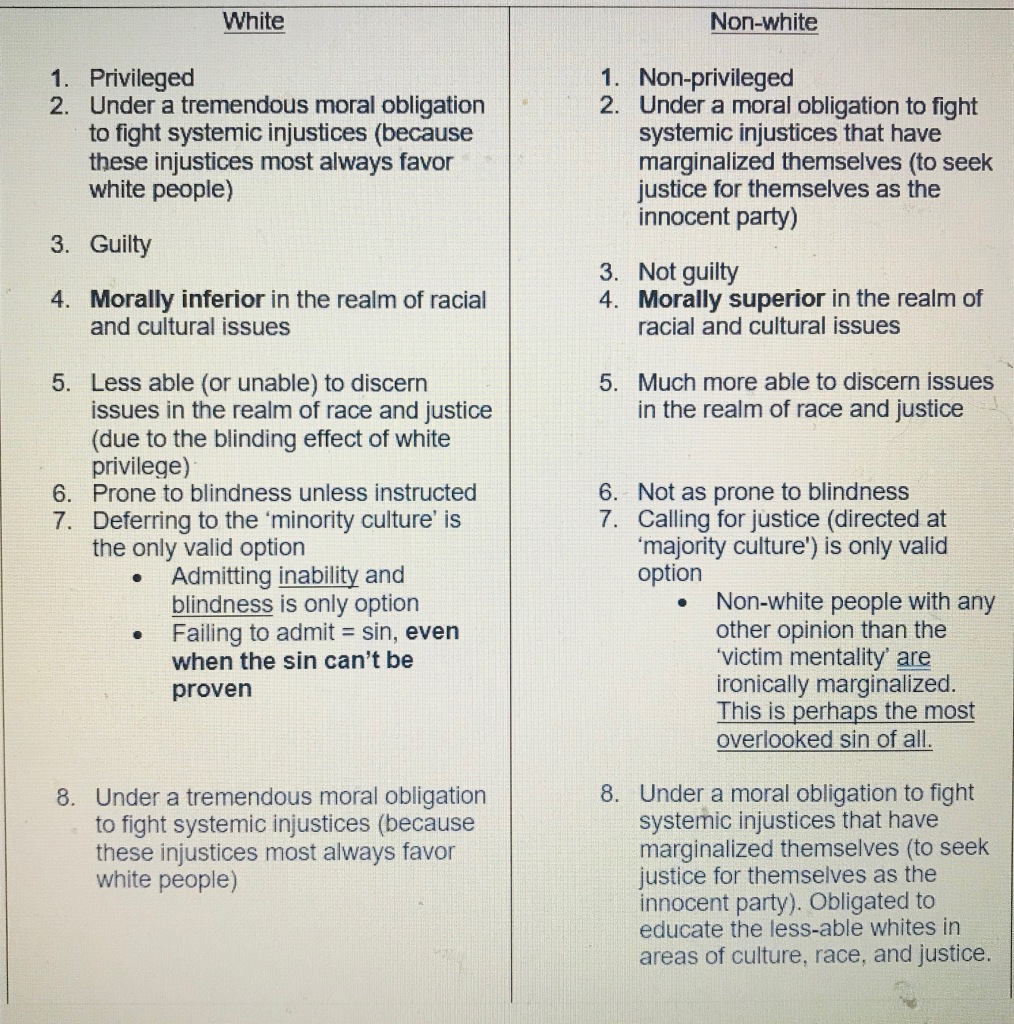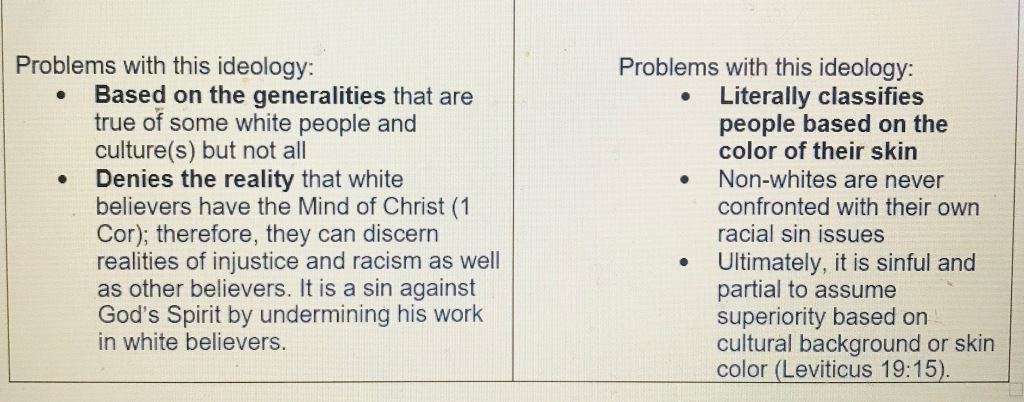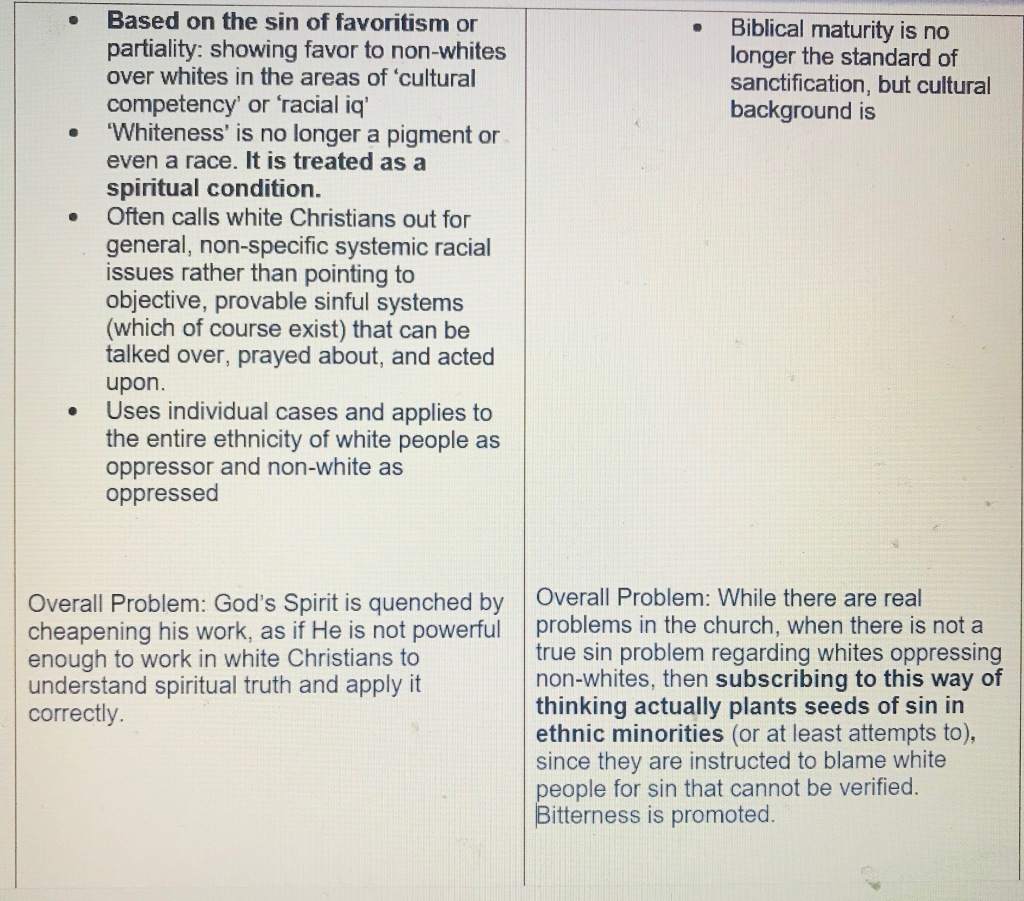An issue
of debate in many Christian circles is whether or not a believer in Christ can
lose his salvation. In other words, can someone who was once, by faith in
Christ, an adopted child of God (John 1:12) lose that status and be cast out of
God’s kingdom? The stakes for the Christian are never higher than they are with
this question. It is a matter of eternal life or death. In this article, I will
present a very under-utilized Bible verse that, in context, ends the debate,
provides the Biblical answer on this crucial topic, and brings glory to God.
To be
clear, the Bible presents a mountain of evidence on this subject, not simply
one verse. But my life has been deeply impacted by 1 John 3:9, and that is why
I am going there.
Salvation
To begin, we first need to
define salvation. Without a proper view of the concept as it’s presented in the
Word of God, we won’t be able to understand what it actually means and,
therefore, whether a believer could lose it if he had it. Defining it is
everything. So, Biblically, salvation means rescue or deliverance,
to be saved. Specifically, saved from
the guilt and power of our sin and brought into fellowship
with God. Let’s look at the elements of guilt and power.
Guilt
Sin, being any action or attitude
that contradicts God’s perfect character, leads to an objective guilt before God
that demands punishment. Christ solved this problem for us:
“And you,
who were dead in your trespasses and the uncircumcision of your flesh, God made
alive together with him, having forgiven us all our trespasses, by canceling the record of debt that
stood against us with its legal demands. This he set aside, nailing it to
the cross” (Colossians 2:13-14)
The phrase “canceling the record of
debt” speaks to our guilt being taken away. And how was this accomplished? The
answer is given at the end of 14. It was “nail[ed]… to the cross” (Christ,
taking on our guilt, was killed in our place.) So, Jesus paid the penalty in
full, and we are credited with his perfect righteousness, the perfect and
right-standing before God. For this reason, the Apostle Paul is able to write, “there
is therefore now no condemnation for those who are in Christ Jesus” (Romans
8:1). ‘Condemnation’ means legal judgement. It’s gone! In an act of amazing
love, Christ lifted our guilt from us.
Power
Not only did Christ rescue us from the
guilt of our sin and God’s judgement, he also gave us the gift of his Holy Spirit.
The Holy Spirit indwells us and makes us new, replacing our sinful desires with
hearts desiring to please God. The old sinner died; a new infant in Christ
came. And, being freed from our slavery to sin (see John 8), this new life
allows us to pursue God, liberated from the clutches of sin’s power. On freedom
from the power of sin:
“What shall we say then? Are we to continue in sin that
grace may abound? By no means! How can we who died to
sin still live in it? Do you not know that all of us who
have been baptized into Christ Jesus were baptized into his death? We were buried
therefore with him by baptism into death, in order that, just as Christ
was raised from the dead by the glory of the Father, we too might walk in newness of life” (Romans 6:1-4)
It’s this reality, “newness of life,”
that the Christian can and must now walk in! As Paul writes in 2 Corinthians
5:17, “if anyone is in Christ, he is a new creation.” Jesus speaks on this crucial
concept in John 3. He tells Nicodemus that no one can see the Kingdom of God
unless he is born again, meaning born from above (by God). So, only God can
produce this life change. Overcoming sin’s dominion is founded on the reality
that a true believer in Christ is marked
by the gift of the Holy Spirit, who indwells the believer and produces new
spiritual life in him. Out of this reality, the Christian will defeat the
practical hold of sin, progressively.
True
Salvation
Based
on what we’ve look at so far, a true salvation, a true relationship with God, is
marked by Christ taking on our guilt, forgiving our sin, and giving us his Holy
Spirit. If a person never receives the
Holy Spirit, he is not saved (see Romans 8:9b). Or, to put it another way,
receiving the Holy Spirit is true salvation. This is key.
The
Real Question and the Real Answer
The
question becomes, then: can a person who
has received the Holy Spirt, the guarantee of the believer’s future inheritance
with God (Ephesians 1:14), lose this status (and lose the Holy Spirit)? Let’s
look to the book of 1 John. For context, the Apostle John penned this letter to
a group of believers who dealt with the false teaching of Gnosticism,
particularly taking the form of denying Christ’s humanity. He wrote to provide
these disciples a series of tests that distinguish the true children of God
from the children of the Devil. Growing in a general life pattern that conforms
to these realities, namely love for others, obedience to Christ, and a true
view of God as he has revealed himself gives the believer the privilege of
having assurance of his salvation.
In
chapters 2 and 3, John writes about the salvation criterion of obeying Christ,
or the behavioral test. A true salvation
results in a lifestyle that generally shows behavior consistent with Christ’s character.
Sinless perfection is not in view, but John clearly shows that a true follower
of Jesus “practices righteousness” (1 John 2:29). Again, think of practicing
righteousness as a general, growing, life pattern. As John develops his
argument, he writes that Christ came to take away sin, leading to a lifestyle
of righteousness. After contrasting the behavior of those ‘of the devil’ with
those ‘born of God,’ John comes to the verse I want to focus on.
“No one born of God makes a practice of sinning, for God’s seed
abides in him; and he cannot keep on sinning, because he
has been born of God” (1 John 3:9).
The term “born
of God” is synonymous with “born of the Spirit.” John, then, presents a non-negotiable
reality for those who have truly been saved: none of them make a practice of sinning. None of them live a life
generally marked by sin and rebellion from God. It’s impossible. And why is it
impossible? Because God’s seed abides in them. God’s seed is his Holy Spirit. Just as a good seed inevitably produces
good fruit, the Holy Spirit inevitably produces a life of obedience in those he
indwells. When God regenerates someone, making him a new creation, the Lord
always ensures that the new person grows in godliness. The Lord is
undefeated in this endeavor. So, everyone for all time who receives the
Spirit lives a life, in some measure, that honors God and kills sin.
We must ask the question, though,
why would someone theoretically lose his salvation to begin with? Would it be because
he is too obedient? Too holy? Would the Lord one day say, “You, Jerry, have
loved me too wholeheartedly and loved your neighbor perfectly. Therefore, I cast
you out of my kingdom!” Of course not! That’s ridiculous. So here’s the answer–
if a believer could lose his salvation,
it would be due to his persistent disobedience and sin, running God’s patience
dry. In essence, the believer would sin his way out of God’s kingdom. This
idea is important to think about. Losing salvation would result from an
unrepentant lifestyle over a long amount of time…
But remember what we read
in 1 John 3:9: the believer “cannot keep on sinning, because
he has been born of God.” So, since this verse teaches that a true Christian cannot
fall into persistent, unrepentant sin, what must we conclude about the possibility
of the Christian sinning his way out of God’s grace? We have to conclude that this
scenario is impossible! It could never happen! The Holy Spirit is too powerful,
the Lord is too good, to allow one of his own to fall away. As Jesus states,
My sheep hear my voice, and I know them, and they follow me. I give them eternal life, and they will never perish, and no one will snatch them out of my hand. My
Father, who has given them to me, is greater than all, and no one is able to snatch them out of the
Father’s hand. I
and the Father are one” (John 10:27-30).
God, in
his love and through his unshakeable power, preserves those who are his. As we
can see in these verses, maintaining a
true fellowship with God is not about the believer’s ability to follow God
perfectly; rather, it is about God’s ability to keep those who are his sheep!
The perspective to take is one of God-centeredness, not man-centeredness.
Can a believer lose his salvation? No. Not if it is a true faith. Because a true faith is grounded in regeneration by the Holy Spirit, who ensures that the believer will not “keep on sinning” (1 John 3:9), but will “overcome the world” (1 John 5:4). I pray that this article helps you rejoice in the Lord!







